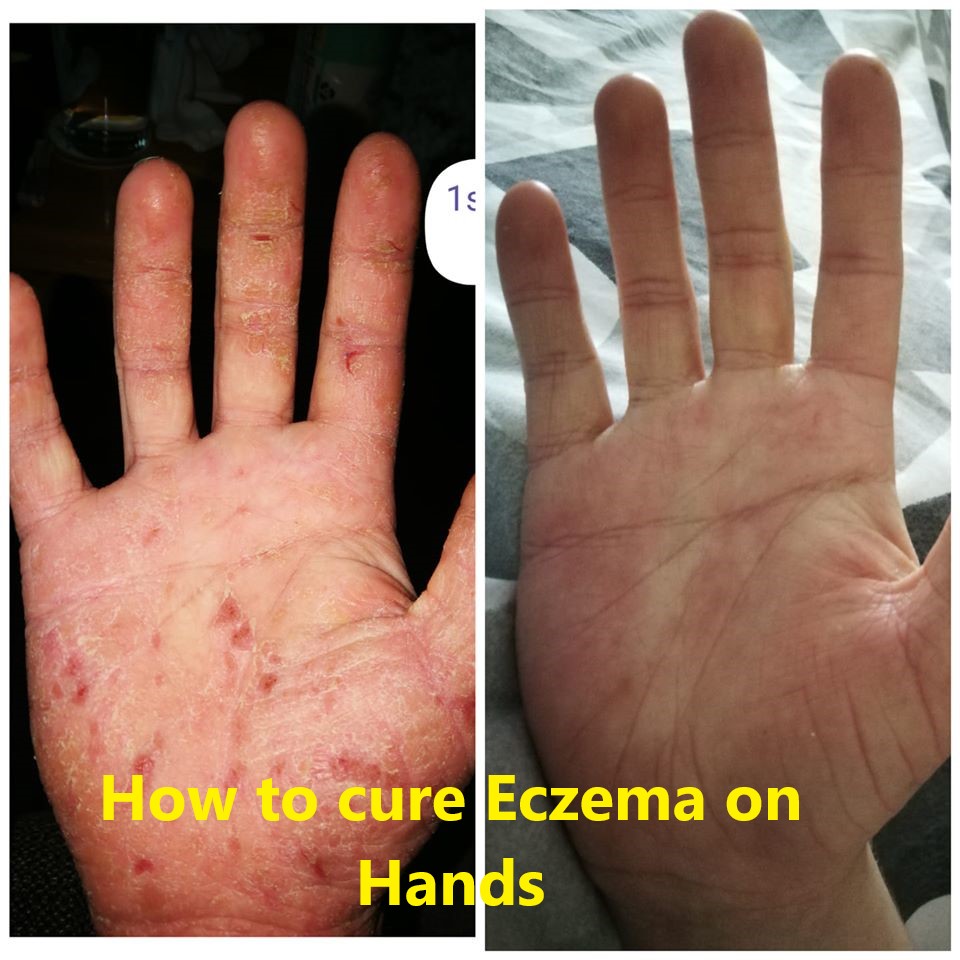Eczema on Hands: You have probably heard of “unscrupulous hands”, a rash that results from dipping the hands Eczema, often in a kitchen sink filled with soapy water. When most people use the term, however, they usually talk about hand eczema, also known as hand dermatitis. More than 30 million people in the US have some form of eczema, a skin condition that causes red, itchy patches on the skin. Eczema can appear anywhere on the body, but it is especially irritating when it appears on the hands.
“Eczema has a huge impact on people’s lives when it occurs, even in severe or mild cases,” Ross S. Levy, MD, Mount Kisco, Ann. why. Says the head of dermatology at the North Westchester Hospital Center.
Although experts are not quite sure what causes eczema, most believe it to be a combination of a person’s environment and genetics. In the most common type, atopic dermatitis, the immune system is triggered by something and goes into overgrowth, leading to sensitive, dry skin. The problem is not far-fetched and curable, though incurable. Certain things, such as food allergies, exposure to dust, or extremes of weather, can make symptoms worse. For example, eczema that appears elsewhere on the body, symptoms of hand eczema may include red, itchy, crooked, painful hands that are dry and cleft. Cracks and blisters on the skin can cause bleeding or pus.
“This can easily happen for people living in cold environments, either by washing your hands regularly or by a change in temperature,” says Gil Yosipovich, professor of dermatology at the University of Miami Miller School of Medicine and author of Living with It Huh. ; Amazon.Com). “It’s very common things that can happen to a lot of people.”
Also Read: 10 Natural Remedies for Eczema
Another type of hand eczema, called contact dermatitis, is associated with direct exposure to a substance irritated by chemicals. Professionals whose hands are often exposed to chemicals are particularly at risk, such as barbers, cleaners, plumbers, and construction workers, as well as those who frequently wash their hands throughout the day, such as nurses.
Yet another type of hand eczema is dyshidrotic eczema {dyshidrotic eczema pictures}. This can cause itching in the hands, fingers, feet and toes. It often begins with stress, moisture and exposure to certain metals such as nickel or cobalt.
The key to both preventing and treating eczema on the hands is to find out what hinders it and avoid those obstacles whenever possible. Here, some smart strategies that can help keep hands eczema at bay. It is also a good idea to see a dermatologist, who can suggest strong topical or other treatments to treat the underlying inflammation depending on your symptoms of Eczema.
• Be aware of exposure to water, especially water that is hot and soapy. If possible, wash dishes in a dishwasher and clean hands with lukewarm water and scent-free soap.
• Apply moisturizer regularly after hand cleaning and throughout the day. “[Moisturizing] skin is extremely important,” Dr. Yosipovich says. “It should be part of a daily routine.” Look for a brand that includes humectants or emollients.
• Stay away from antibacterial soap. “These make the skin more irritable than it benefits,” Dr. Rostropovich says. Water less cleaners are more likely to contain alcohol and chemicals that can cause an outbreak.
• Take care of any breaks or cuts on the skin before there is a chance of exposure to chemicals and causing irritation.



I wanted to say that I appreciate you promoting how much of a problem this condition can be but also that there is something people can do about it. Don’t be ashamed. And stop living with this condition. Schedule an appointment at your local dermatologist office.
LikeLike